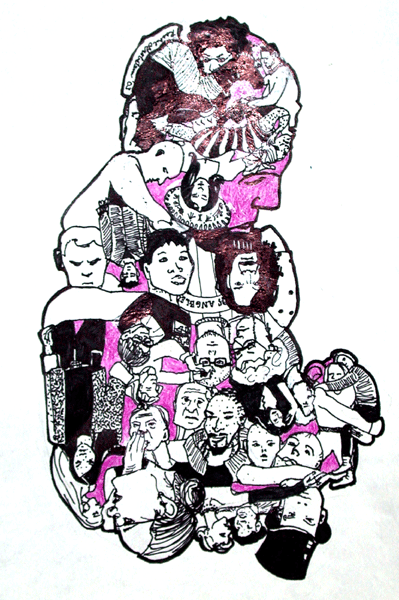 | Re-envisioning Class |
Today's discussion is the fourth in a series:
Interactions Between Race and Class on Campus (4/29/05)
College as Choice: Blue Collar Roots, White Collar Dreams (9/23/05)
Examining Our History: Inclusion/Exclusion at Bryn Mawr (11/18/05):
Joseph Taylor directed in his will
that his money be used to erect buildings
"for the comfort and advanced
education and care of young women,
or girls of the higher classes of society."
 1
1
 2
2 3
3 4
4 5
5 6
6 7
7 8
8
 9
9
 10
10
 11
11 12
12 13
13 15
15 16
16 17
17
 18
18 19
19